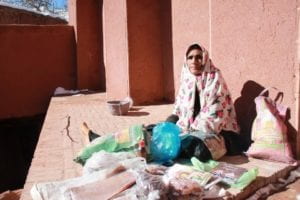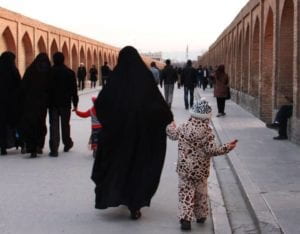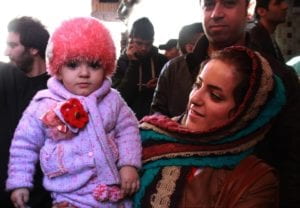Nahal Mottaghian
Tehran, Iran
I grew up in a house of immigrant stories. My understanding of Iran was built on my parents’ memories of the Iran they used to know, an Iran that had not yet felt the grip of an Islamic regime. But in 1979, the Iran my parents once knew ceased to exist: the seemingly secular monarchy became a seemingly cruel Islamic republic.
Life in Iran is experienced in an entirely different way from how outsiders might imagine. The common narrative surrounding the Iranian people is that the once-free became oppressed. The common narrative surrounding Iranian women is that the once-liberated and modern became helpless and veiled.
While a lot has changed since the Islamic revolution of 1979, it is important to ask: What did women’s rights look like when Iran was a monarchy? Did women have equality before the revolution, or did the post-revolutionary forced veiling of women suddenly make the struggle for women’s rights visible to the Western world?



For this fellowship, I proposed to better understand the women’s rights movement in Iran, and I intend to work with an organization called the Feminist School, located in Tehran. This organization is made up of a group of women who are fighting to increase gender equality.
I plan to spend 9 weeks learning about how these women define what it means to be Iranian women and what the history of the fight for women’s rights looks like. I hope to avoid looking at the hijab as only a symbol of oppression and as the only symbol of oppression. I also propose sharing the voices of Muslim women and allowing them to define their own feminist ideals.
With the Iranian presidential elections around the corner, the state of the country’s politics might face a serious transition. Hassan Rouhani, the incumbent, is seen as a moderate, while his greatest competitor, Ebrahim Raisi, is considered a hard-liner. The results of the election could shift the political and social state of the country, thus making it very hard for me to follow through with my plans to work with the Feminist School. In the case I cannot go to Iran, I plan to work with the Muslim community in London, a city with Muslim immigrants from a wide range of Islamic nations, including Iran.